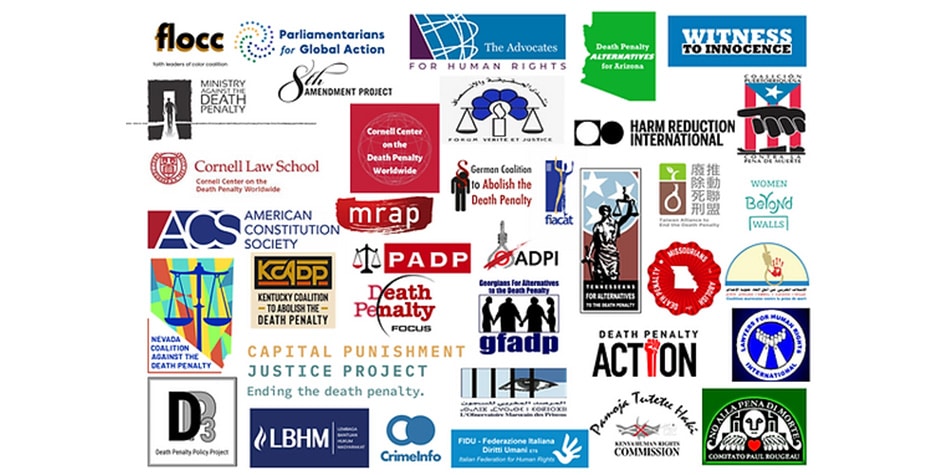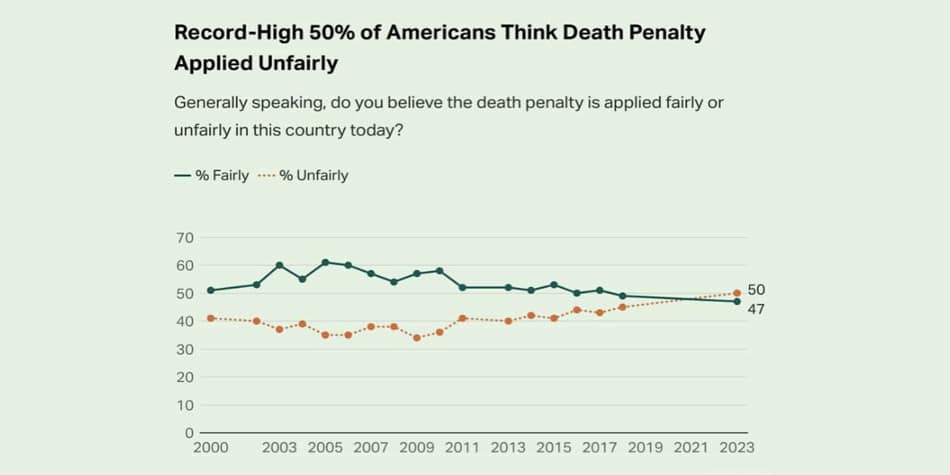World Coalition AGM encourages US to join the abolitionist majority
World Day
San Francisco-based Death Penalty Focus (DPF) co-hosted a free one-day conference for the public and World Coalition members at the University of California, Hastings College of the Law. DPF serves on the Steering Committee of the World Coalition. This meeting was the annual General Assembly of the Coalition’s members.
Close to 200 conference attendees were greeted by Shauna Marshall, Academic Dean of Hastings, and State Senator Mark Leno, who gave a comprehensive look at California’s political landscape with respect to progressive reform measures.
DPF President Mike Farrell presided at the opening plenary session, which presented the meeting’s theme: Death penalty at a crossroads – USA abolition in the context of global strategy. Farrell set the stage for the weekend with a compelling discussion of the troubling implications of “American exceptionalism” in the context of human rights and the death penalty.
The panel included Hadar Aviram, associate professor of law at Hastings; Hsinyi Lin, executive director of the Taiwan Alliance to End the Death Penalty; Mario Marazziti, spokesperson of the Community of Sant’Egidio; and Elizabeth Zitrin, DPF’s international outreach and communications coordinator.
The closing plenary presented the latinization of death row and ongoing issues of racial inequity, with Professor Michael Radelet of the University of Colorado at Boulder and veteran abolition and human rights activist Magdaleno Rose-Avila, moderated by Denise Serrano of the ACLU of San Diego and Imperial Counties.
“The World Coalition Against the Death Penalty gathering was a historic event that brought together death penalty opponents from all over the world,” said Elizabeth Zitrin, who chairs the World Coalition’s USA working group. “The conference was a chance for American death penalty opponents to learn from activists from around the world and share strategies for worldwide abolition.”
“We kill people because we hate them”
The conference included panel discussions led by victim’s families, wrongfully convicted death row prisoners, and former members of law enforcement opposed to the death penalty.
John Burton, chairman of the California Democratic Party, gave a special report on the party’s recent adoption of a platform position opposing the death penalty and favouring permanent incarceration as a better alternative for the safety and fiscal health of the people of California.
Darryl Stallworth, a former Alameda County prosecutor who currently opposes the death penalty, spoke about his experience prosecuting a capital case and the difficulty he experienced arguing for the death of another human being.
“I had to make him a monster,” Stallworth said. “I had to dehumanize him. In all reality, we kill people because we hate them. We don’t do it because it deters crime, because it doesn’t. We don’t do it to help victims’ families either, because it doesn’t. In fact, it often makes it worse.”
Randy Steidl, who was wrongly convicted of murder and sentenced to death, serving 17 years before being exonerated, told his story to illustrate how an innocent man could be convicted.
“If it was not for outside resources, like college students and news media, I’d be dead today,” he said. “That’s the power our system has.”
The World Coalition includes 108 organizations from 35 nations on five continents, all committed to universal abolition of the death penalty. According to Zitrin, the Coalition has been instrumental in urging the United Nations to adopt a worldwide moratorium on all executions, and its members chose to meet in the United States out of concern about the continued use of the death penalty in this country.
On October 10, 2010, the World Coalition has decided to focus the World Day Against the Death Penalty on the US.
“The world is showing us a better way to provide justice”
“The vast majority of the world’s nations no longer use the death penalty,” said Stefanie Faucher, associate director of Death Penalty Focus. “95% of executions occur in just five countries: China, Iran, Iraq, Saudi Arabia, and the United States. The recent rejection of California’s proposed lethal injection protocols once again shows how broken our death penalty system is, and now the world is showing us a better way to provide swift and certain justice instead of decades of uncertainty and delay.”
Organizations that attended the World Coalition meeting included France’s leading abolition organization Ensemble contre la peine de mort, the Community of Sant’Egidio, Amnesty International, Penal Reform International, Murder Victims Families for Human Rights, the Taiwan Alliance to End the Death Penalty, and other organizations from the Americas, Asia, Africa, and Europe.
Updates on recent developments for members included a report on the death penalty and hopes for abolition in China.
“We must work together to help countries with the death penalty to realize the importance of a moratorium,” said Hsinyi Lin, executive director of the Taiwan Alliance to End the Death Penalty. “The members of the World Coalition Against the Death Penalty are our best partners and our supporters.”
Story by Elizabeth Zitrin & Jessica Lewis
Categories
United States






